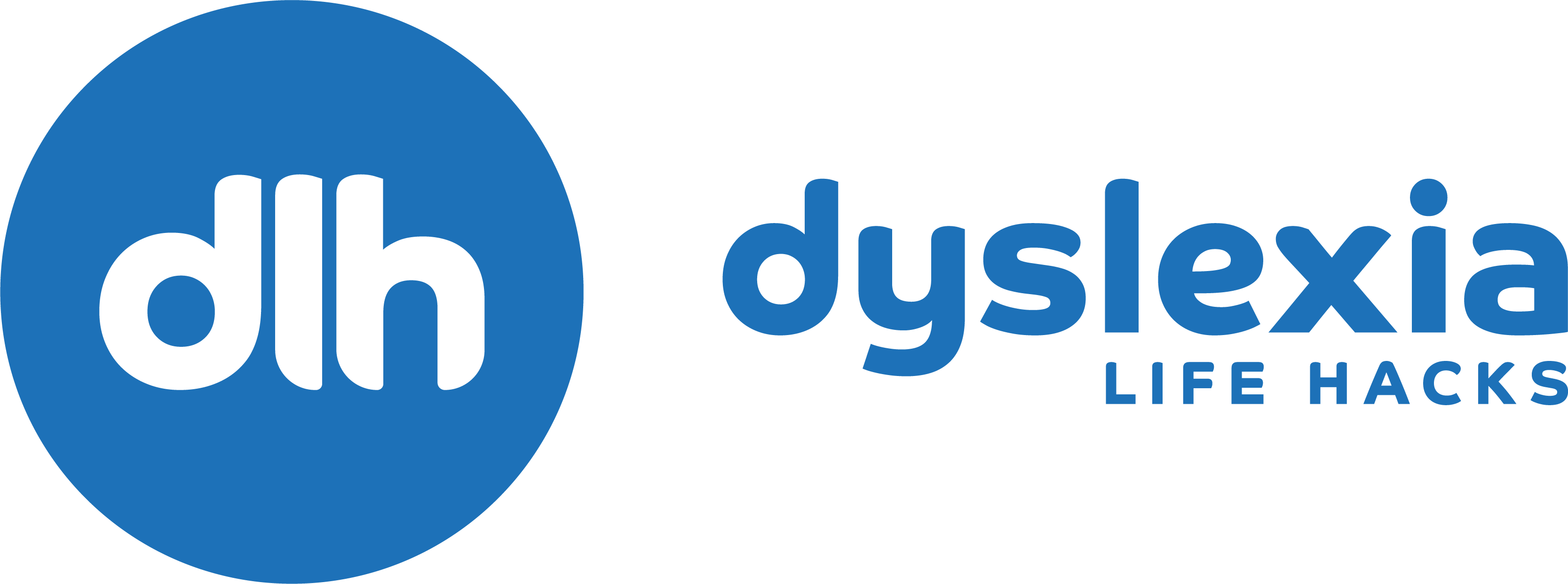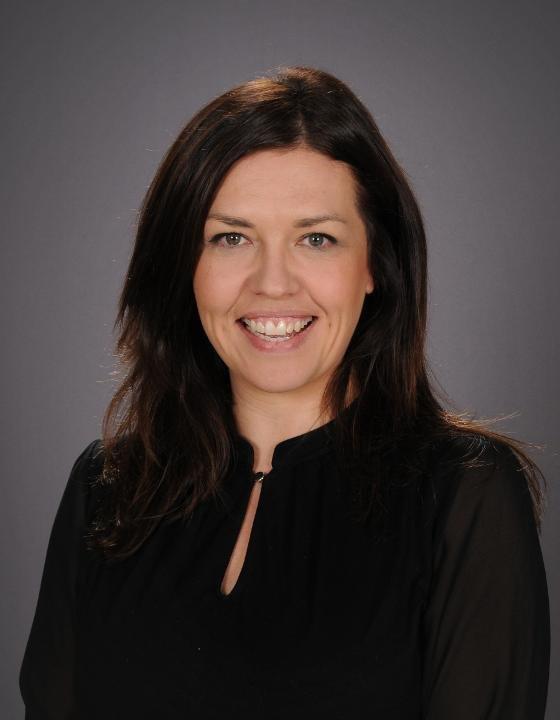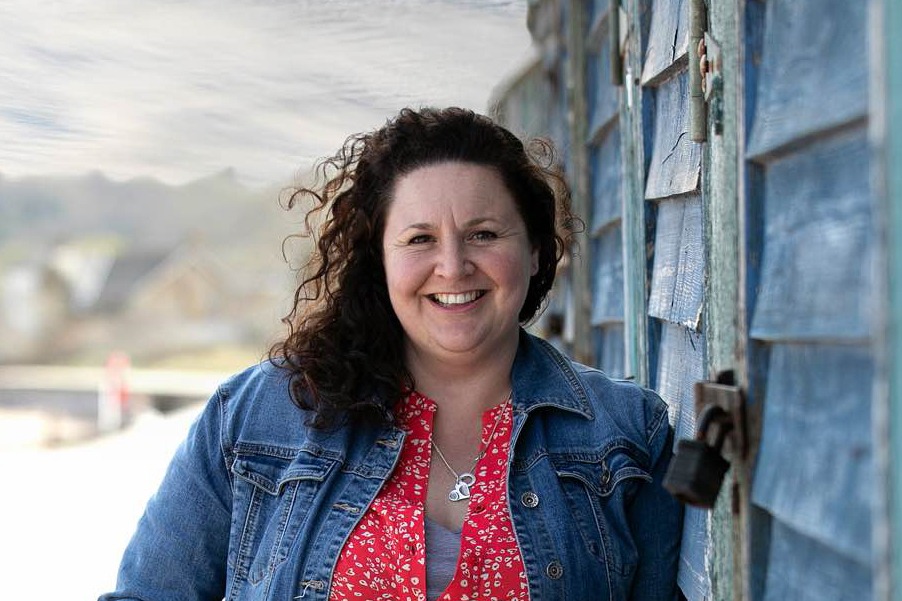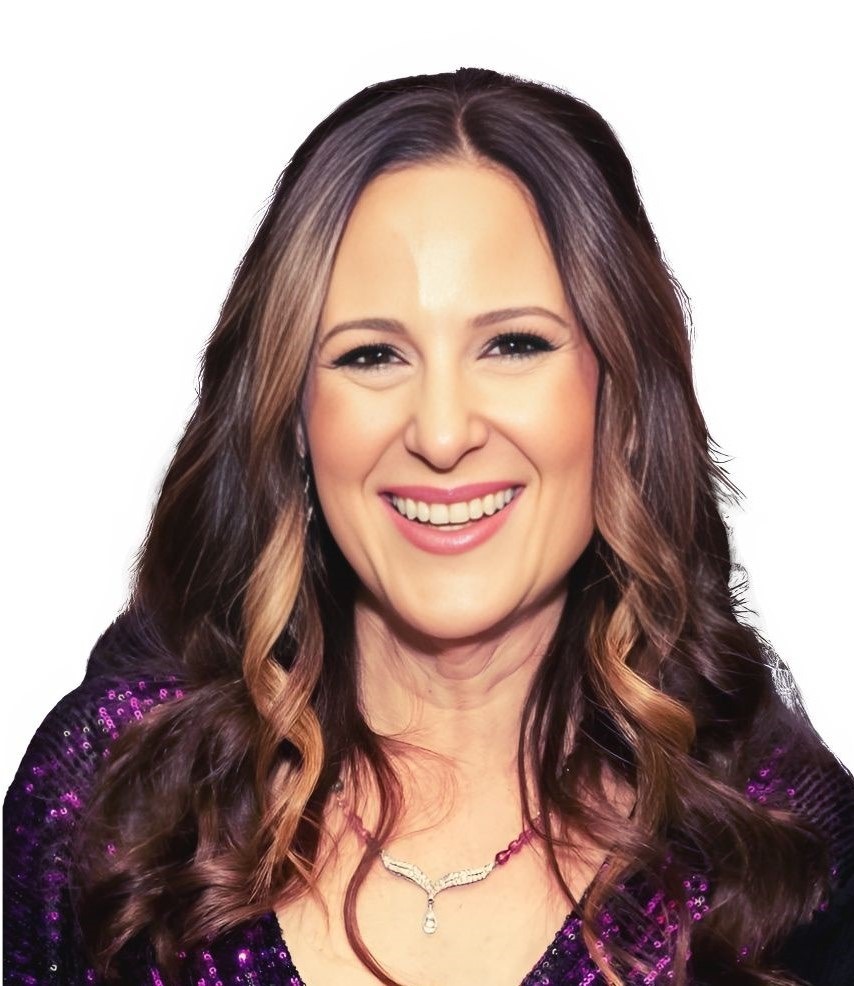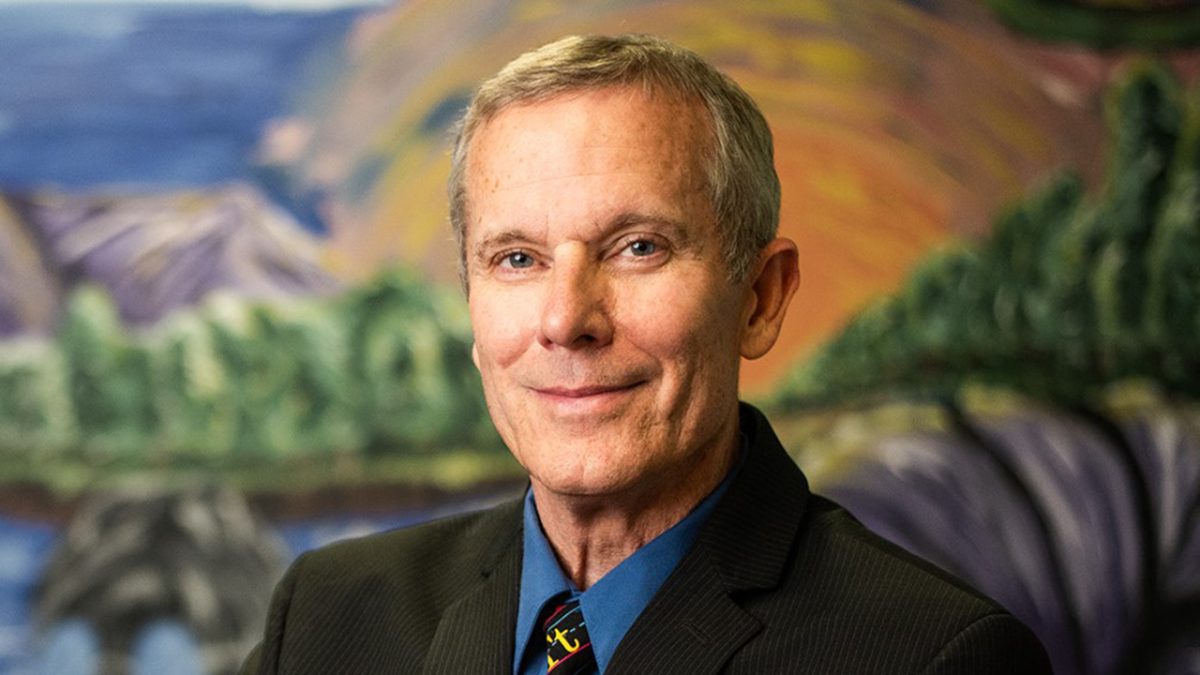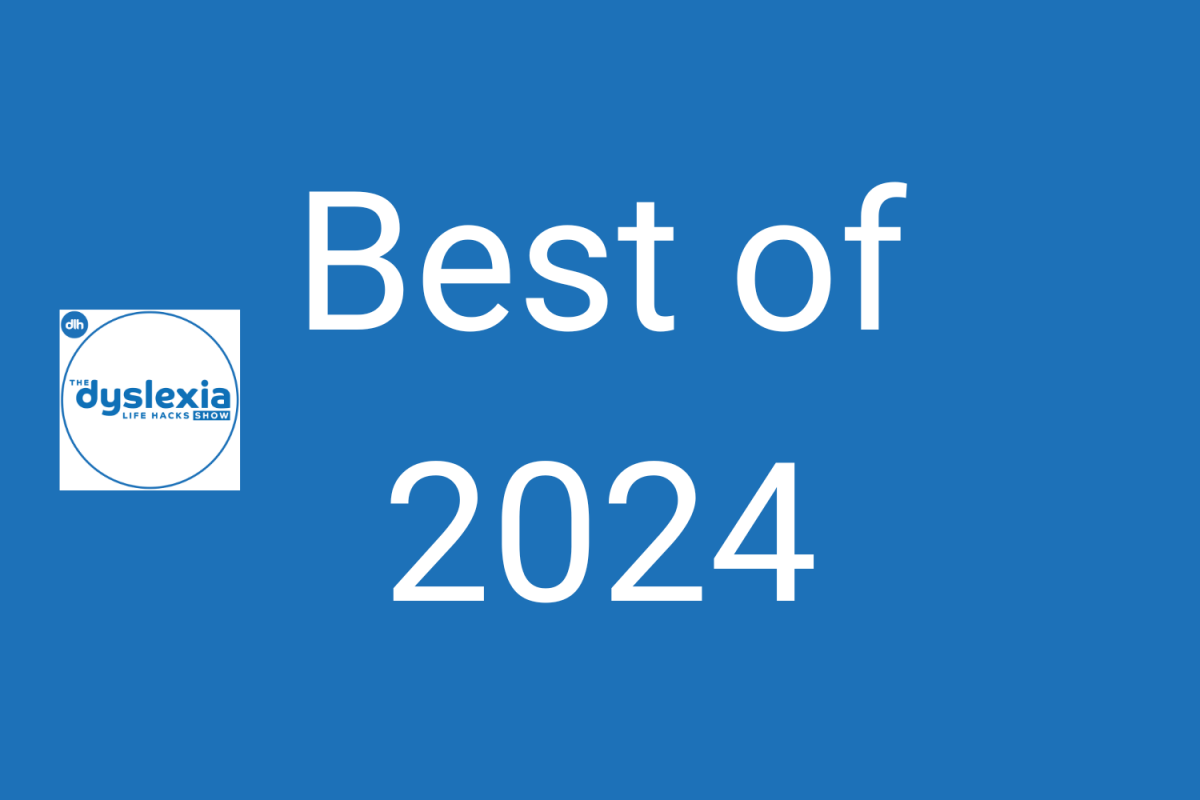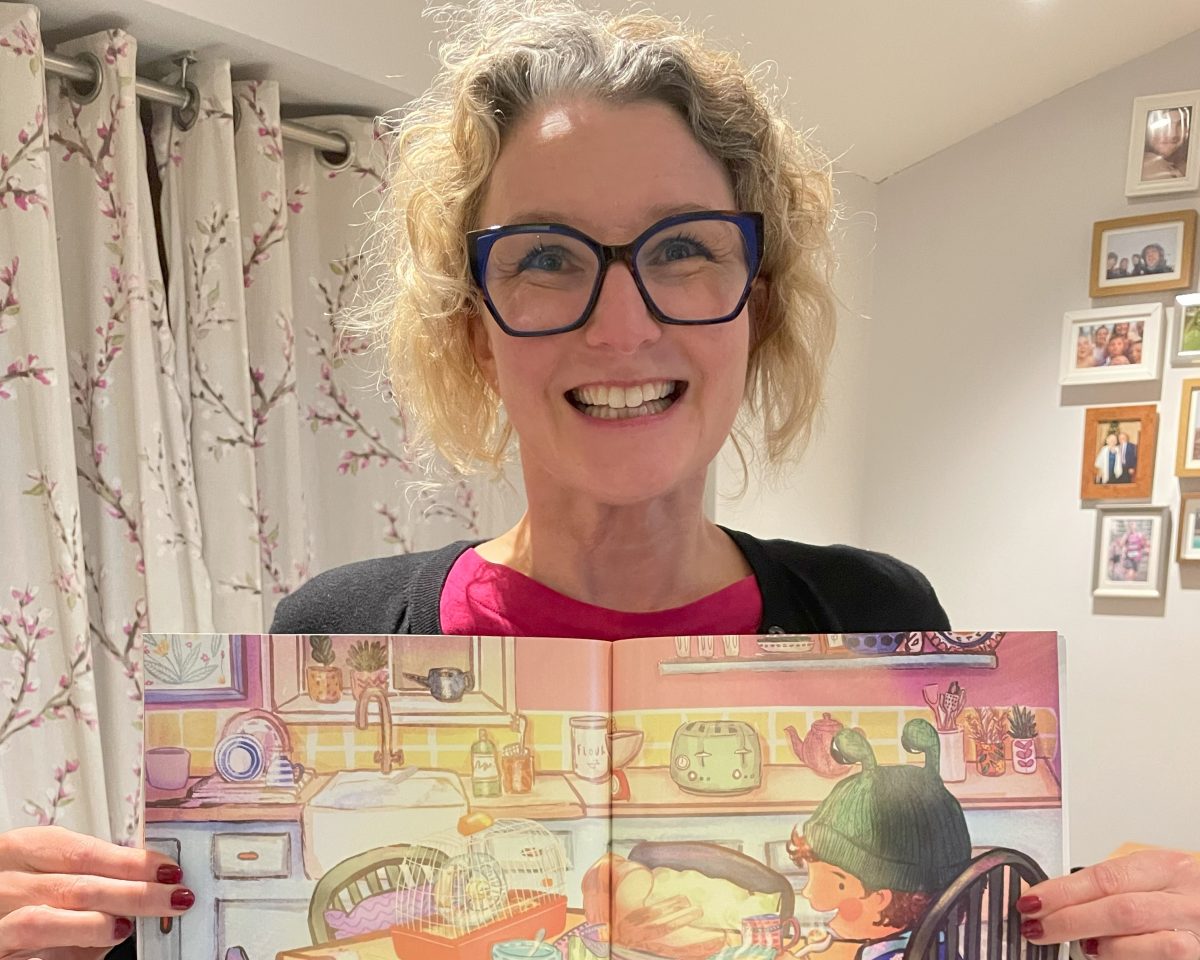What if school was a place where dyslexic students felt understood, supported, and empowered to thrive?
In this special 100th episode, Matt sits down with Michelle Catterson, a leading voice in dyslexia education and advocacy. As the Executive Headteacher of Moon Hall School, Michelle has spent the last seven years transforming the school, growing student numbers from 85 to 200, and leading it to national recognition for specialist provision and personal development.
Beyond her role in education, Michelle is also the Chair of the Board for the British Dyslexia Association (BDA) and a member of several All-Party Parliamentary Groups, where she works alongside MPs and House of Lords representatives to shape education policies for students with Special Educational Needs (SEN). Her advocacy ensures that dyslexic individuals receive the support they deserve, not just in schools, but also in the workplace and wider society.
In this conversation, Michelle shares her personal journey from scientific research to education, the challenges dyslexic students face in mainstream schools, and what truly makes Moon Hall School a life-changing environment for its students. We also dive into the power of assistive technology, the importance of teacher training, and how policy changes can improve dyslexia support at a national level.
If you’re a parent, teacher, or employer looking to better understand how to support dyslexic individuals in education and beyond, this episode is packed with insights, strategies, and real-life success stories.
This episode is a must-listen for anyone passionate about improving education, advocacy, and workplace inclusion for dyslexic individuals. Michelle’s journey from expanding a specialist school to advising policymakers in Parliament is an inspiring reminder that change starts with the right people leading the way.
Dyslexic Hack:
- Use of Assistive Technology
Key Topics:
- A well-designed learning environment transforms dyslexic students’ experiences—Moon Hall School proves how tailored education changes lives.
- Assistive technology is a game-changer—it supports independence and confidence for dyslexic learners.
- Dyslexia advocacy must extend beyond schools—employers and policymakers need to step up.
- Parental involvement is key—families play a crucial role in ensuring students get the right support.
- Small changes in teaching methods make a big impact—schools should focus on strengths, not just struggles.
Timestamps
00:01 – 00:40: Introduction—celebrating episode 100!
00:41 – 02:46: Meet Michelle Catterson—her journey from science to education.
02:47 – 05:10: Early teaching experiences and discovering a passion for SEN.
05:11 – 07:20: The transition to Moon Hall School and growing it into a nationally recognised specialist school.
07:21 – 10:03: The challenges of mainstream schools for dyslexic students.
10:04 – 11:45: What makes Moon Hall School unique?
11:46 – 15:00: The role of governance and leadership in shaping school policies.
15:01 – 18:30: The importance of assistive technology and how AI is changing dyslexia support.
18:31 – 22:15: The impact of teacher training and why it’s crucial for better SEN education.
22:16 – 25:40: Michelle’s advocacy work with the British Dyslexia Association and Parliament.
25:41 – 30:15: How dyslexia support needs to evolve beyond school into the workplace.
30:16 – 34:50: The biggest myths and misconceptions about dyslexia.
34:51 – 37:30: Rapid-fire questions and closing thoughts.
Selected Links –
- Moon Hall School
- British Dyslexia Association (BDA)
- Michelle Catterson on LinkedIn
